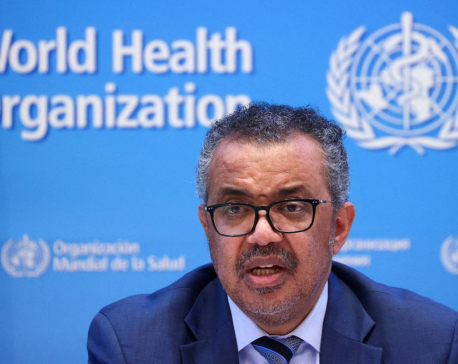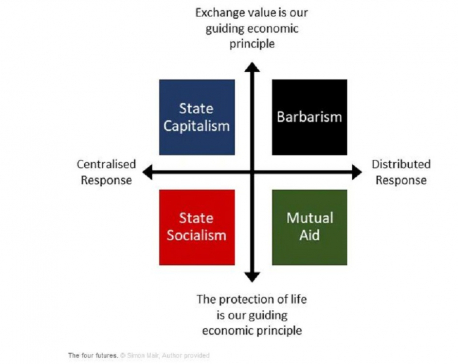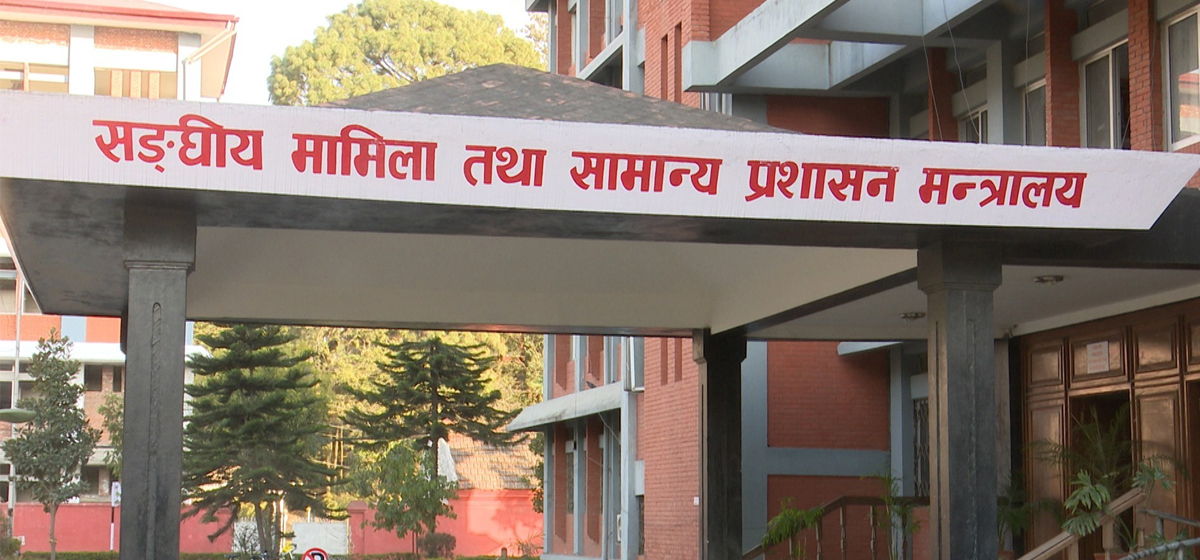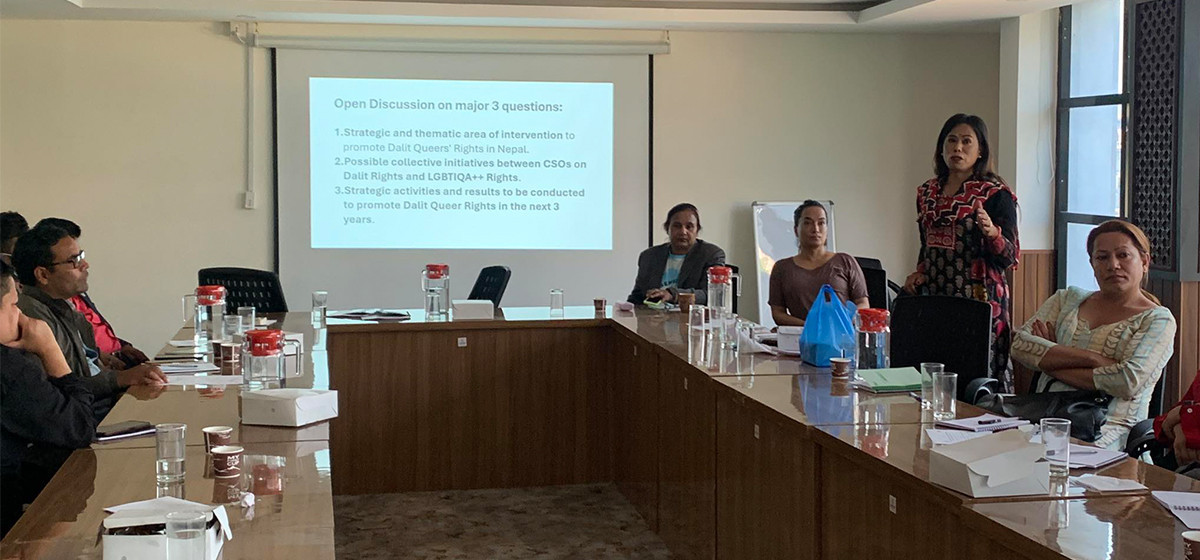
OR
Busting the Myths

The more certain someone is about covid-19, the less you should trust them
In 2019, the medical historian Mark Honigsbaum concluded his book The Pandemic Century by saying: “The only thing that is certain is that there will be new plagues and new pandemics. It is not a question of if, but when.”
Look around and you might wonder if he was hopelessly wrong. Not about the pandemic, which turned up almost before his ink was dry, but about there being only one certainty. In the “science” of covid-19, certainties seem to be everywhere. Commentators on every side—academic, practitioner, old media or new—apparently know exactly what’s going on and exactly what to do about it.
We are not talking about those who insist that hydroxychloroquine will save us all, or who call face masks “muzzles” or “face nappies,” or who declare that many detected covid-19 cases are false positives. We can also leave aside those who sidestep reality to suggest that we’ll have a world free of covid-19 within months if we simply follow their advice.
Rather, we are thinking of the many rational people with scientific credentials making assertive public pronouncements on covid-19 who seem to suggest there can be no legitimate grounds for disagreeing with them. If you do, they might imply, it’s probably because you’re funded by dark forces or vested interests, you’re not evidence based, you’re morally blind to the harm you would do, you’re ideologically driven (but I’m objective), you think money matters more than lives, your ideas are a dangerous fantasy . . . . On they go, duelling certitudes2 in full view of a public desperate for simple answers and clarity—even when, unfortunately, these may not exist.
Conveying “certainty”
The certainty can be explicit or implied. In just one area—infectious disease modelling—there are many examples. One is the use of precise numbers to convey certainty, often with faux qualification. In the foundational Imperial College model, the authors predicted “approximately 510 000 deaths”3 for an unmitigated epidemic in Great Britain. With any reasonable uncertainty, such an approximation would be expressed as “half a million.” The shifting denominator between Great Britain and the United Kingdom used when communicating this figure would in itself make a difference of considerably more than 10 000. The need to appropriately convey uncertainty—in infectious disease models and more generally—has been emphasised by statisticians for decades.45
Another example is the added traction that claims achieve because of the reputation—institutional or personal—under which they are advanced, and which would receive little credence if advanced by others. For example, the Institute of Health Metrics and Evaluation—which produces the authoritative Global Burden of Disease reports—released a curve fitting model with strikingly low estimates of the future burden of covid-19 in the US.6 Although popular with President Trump, the model was rapidly revealed as misleading.16
A third example is the creation of a new argument while quietly ignoring an earlier claim that has since been discredited. Models produced from two opposing camps in discussions on covid-19—Independent SAGE and the instigators of the Great Barrington declaration—both suggested that a high proportion of the UK population was infected during the first wave of covid-19.78 Substantial serological survey evidence showed that this was probably not so. Both sides then produced models that embraced work by others,910 showing that heterogeneity in contact or susceptibility in the population could dampen infection trajectories, but without explicitly acknowledging their earlier conclusions.1112
We could find similar examples for every aspect of covid-19 science—discussions of whether viral mutation is changing SARS-CoV-2 infectiousness or virulence, the extent of personal immunity to SARS-CoV-2 generated by previous infection with SARS-CoV-2 or another endemic coronavirus, the infection fatality rate, the value of different testing strategies, the effect of school closures, what we can learn from international comparisons, and so on. Strongly contrasting but apparently equally authoritative statements are made about all of these and more.
Of course, overconfidence about our understanding of covid-19 comes in various guises. One is when the evidence changes little but conclusions based on it harden, as with the value of facemasks in the early stages of the pandemic. Views polarise alongside the increasing certainty with which they are expressed, as if we are in a trench war where giving an inch risks losing a mile.
Another comes in the form of the “armchair epidemiologist” who seems blessed with the astounding ability of star economists and physicists to fully assimilate and transcend within weeks what infectious disease specialists have learnt over decades. The seriousness with which they are received in some circles is likely to be damaging. Similar over-reaching is seen within the broad range of disciplines that are central to epidemic disease management, with some academics who are ubiquitous across every media appearing to have complete and cutting edge knowledge on everything from macroeconomics through sociological and psychological science to stochastic RNA mutation. Dealing with pandemics is an inherently multidisciplinary task, and expertise in one area does not confer expertise in another.
Respecting uncertainty
Acknowledging uncertainty a little more might improve not only the atmosphere of the debate and the science, but also public trust. If we publicly bet the reputational ranch on one answer, how open minded can we be when the evidence changes?
People may worry that acknowledging uncertainty risks a loss of authority, but this seems unlikely to be true13— the government’s trustworthiness or authority has not increased with the confidence of its “game changing” pronouncements.
Similarly, to allege that anyone who speaks of uncertainty is a “merchant of doubt”14 or exposes science to attack from these quarters, is to concede vital scientific ground by implying that only certainty will do. Generally, and particularly in the context of covid-19, certitude is the obverse of knowledge.
Returning to our starting point, two unequivocal authorities have written that “As our understanding of influenza viruses has increased dramatically in recent decades we have moved ever further from certainty about the determinants of, and possibilities for, pandemic emergence.”15 Their point is illustrated by the largely unexpected pandemic of coronavirus disease hitting a world bristling with influenza pandemic management plans.
When deciding whom to listen to in the covid-19 era, we should respect those who respect uncertainty, and listen in particular to those who acknowledge conflicting evidence on even their most strongly held views. Commentators who are utterly consistent, and see whatever new data or situation emerge through the lens of their pre-existing views—be it “Let it rip” or “Zero covid now”—would fail this test.
Footnotes
Competing interests: We have read and understood BMJ policy on declaration of interests and declare that all three authors have been wrong about covid-19. MM and MB initially believed substantial undocumented transmission meant that a large proportion of the UK population was infected during the first wave. Subsequent seroprevalence surveys indicated that this was not the case. GDS thought that SARS-CoV-2 would be amplified through children and substantial mortality displacement would be observed. Neither has been the case.
Authors
George Davey Smith, professor in clinical epidemiology,
Michael Blastland, writer and broadcaster,
Marcus Munafò, professor of biological psychology
This article is made freely available for use in accordance with BMJ's website terms and conditions for the duration of the covid-19 pandemic or until otherwise determined by BMJ. You may use, download and print the article for any lawful, non-commercial purpose (including text and data mining) provided that all copyright notices and trade marks are retained.
https://bmj.com/coronavirus/usage
You May Like This

Do not assume COVID pandemic reaching 'end game', warns WHO
GENEVA, Jan 25: The head of the World Health Organization (WHO) warned on Monday that it was dangerous to assume... Read More...

Gandaki State: 72 samples test negative for COVID-19
POKHARA, April 8: Seventy two samples for which the pathology lab report are available have tested negative for coronavirus in... Read More...

Opinion: What will the world be like after coronavirus? Four possible futures
Where will we be in six months, a year, ten years from now? I lie awake at night wondering what... Read More...



Just In
- APF seizes 152 sacks of onions and 32 units of mobile phones from Dhansuha
- 80 civil servants left in the lurch as MoFAGA places them in reserve pool
- Weather Alert: Storm likely in Lumbini and Sudurpaschim
- NOC investing Rs 3 billion to construct fuel storage plants of over 9,000 kl capacities in Bhairahawa
- Reflecting on a festive journey filled with memories and growth
- Dalit sexual and gender minorities lack representation within their own communities and groups
- Nagdhunga-Sisnekhola tunnel breakthrough: Beginning of a new era in Nepal’s development endeavors
- Altitude sickness deaths increasing in Mustang















Leave A Comment